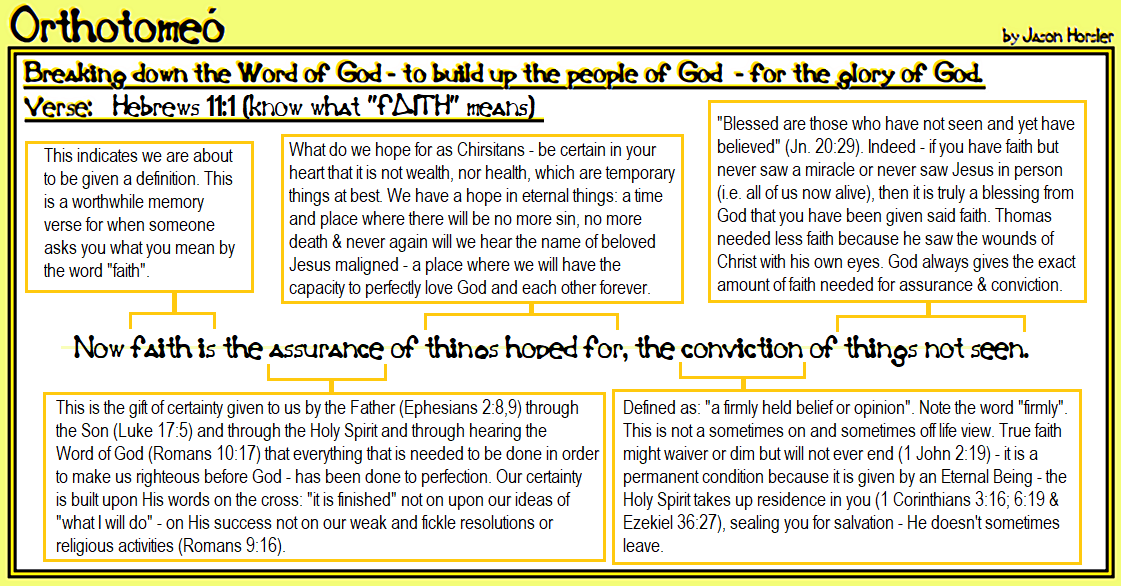Foreword:
The following exerpt is taken from The Ten
Commandments by Arthur W. Pink
(BAKER BOOK HOUSE, 1994 GRAND RAPIDS, MI)
In this blog series I will work through this very important article a paragraph at a time – asking my reader comprehension style questions at the end. I have been much convicted by the writings of Pink and I pray your walk will also be strengthened meditating on his teaching of scripture …
THE NINTH COMMANDMENT PART III
How vile and abominable this sin is appears from the following considerations. It is a sin which makes a person most like the Devil. The Devil is a spirit, and therefore gross carnal sins do not correspond to his nature. His sins are more refined and intellectual, such as pride and malice, deception and falsehood. "He is a liar and the father of it" (John 8:44), and the more malice enters into one composition of any lie, the more nearly one resembles him. It is therefore a sin most contrary to the nature and character of God, for He is "the Lord God of truth" (Psa. 31:5), and therefore we are told that "lying lips are an abomination unto the Lord" (Prov. 12:22). As Satan is a liar and the father of lies, and as God is the Lord God of Truth, so His children resemble Him therein, "seeing they are My people, children that will not lie" (Isa. 63:8). God has threatened a most fearful punishment upon them; "all liars shall have their part in the lake which burneth with fire and brimstone" (Rev. 21:8). Alas, to what fearful heights has this sin risen. It has become so common that few indeed have any conscience thereon, until we have to lament that "truth is fallen in the street" (Isa. 59:14). First, truth has departed from the pulpits. A whole century has passed since the lie of evolution captivated the scientific world and then was taken up by thousands of unregenerate preachers--a lie which strikes at the very foundations of Truth, for it repudiates man's fall, and sets aside his need both of redemption and regeneration. For the same length of time the so-called "higher criticism" of German neologians has been peddled throughout the English-speaking world by thousands of godless ministers, who wish to be looked up to as men of superior intellectuality. Once Truth departed from the pulpits it was not long before it departed from the halls of legislation and the marts of commerce, until we now live in a world where confidence between nations is nonexistent, and where the word of our fellows is no longer to be relied upon.
1) Summarise Pink’s reasons for us
not to tell lies.
2) With the rise of social media and
“fake news" it really is true of us that we live in a time where
"truth is fallen in the street" (Isa. 59:14). I confess that I have
read and then shared items of news or memes or articles which I felt furthered
the Christian cause (such as reports on erroneous or heretical statements made
by the pope) only to discover that they had no ground in truth. Are you
diligent in tracking back a resource to find if a quote really was said by
someone or an action performed? Your intention in sharing something may be good
and even gospel centred but does the work of God need to be aided by a
unresearched fact? A half truth? An outright lie? How many times have you heard
a quote from the pulpit and tried to find its source only to find that it is
found only on Christian websites quoting other Christian websites? If you do
preach make sure you check your quotes back to printed material or discoverable
video or audio recordings please.
3)There was a time when a person’s
honour was a carefully guarded thing. When a person’s word was their bond and
impugning someone’s truthfulness could even result in a duel to the death. Now
we as a society revere lying as a skill. Indeed someone who cannot lie or
refuses to may be passed over for promotion at work. Are you prepared to lose
opportunity in order to honour God – do you need to repent of this action if
you have already undertaken it?












